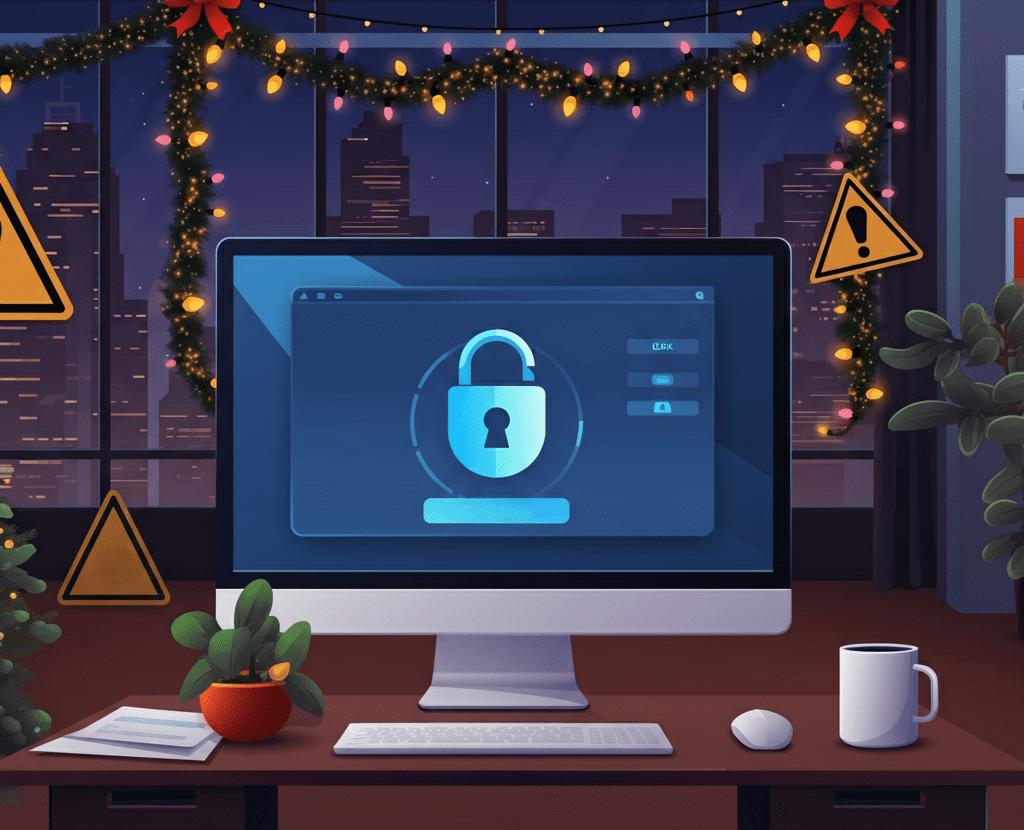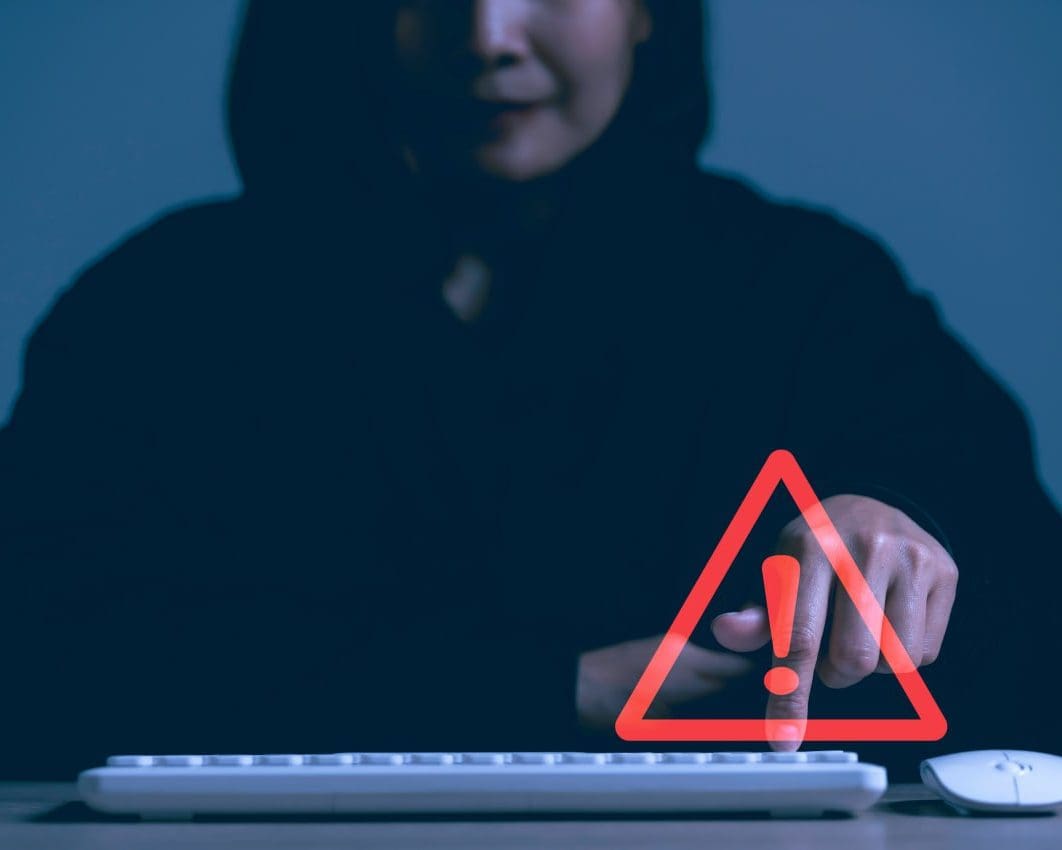
The holiday season means more sales, messages, and busy workdays for businesses. Sadly, it’s also the time when cybercriminals step up their attacks. They use sneaky tricks called phishing and smishing to target businesses during the holiday rush. If you’re not careful, your business could lose money or important data. To avoid these risks, you need to stay alert and take action before something happens.
This article explains the dangers of phishing and smishing for businesses during the holidays. We’ll talk about how these scams work and what you can do to protect your company.
Why Cybercriminals Love the Holiday Season
During the holidays, companies send and receive a lot more emails and texts. Everyone is dealing with orders, shipping, and special promotions. This overload of messages makes it easier for fake emails or texts to go unnoticed.
On top of that, employees are often in a rush, trying to handle more tasks at once. Attackers use holiday themes and urgent language to trick people. If someone falls for one of these scams, it can lead to lost data, stolen money, or even hurt your business’s reputation.
Common Phishing and Smishing Scams During the Holidays
Phishing is when someone tries to trick you with fake emails. Smishing is the same thing, but with text messages. Here are some ways scammers attack businesses during the holidays:
Fake Invoices and Order Confirmations
Scammers sometimes send messages that look like real invoices or order confirmations from suppliers or customers. During the holiday rush, your accounting or shipping team might be too busy to notice that something is off.
For example, you might get an email that says “Urgent: Invoice Overdue” or “Action Required: Confirm Your Order.” These emails could have links or attachments that lead to malware (harmful software) or fake websites that steal your login details.
Fake Holiday Deals and e-Cards
Everyone loves a good deal or a holiday greeting. Cybercriminals know this and send fake promotions or holiday cards pretending to be from popular brands or even coworkers.
These messages ask you to click links to claim a “free gift” or read a holiday card. But the links can take you to dangerous websites that try to steal your information or infect your computer.
Pretending to Be Trusted Companies
Attackers often pretend to be well-known brands, especially those businesses use a lot during the holidays, like FedEx, UPS, Amazon, or PayPal.
You might get a text saying your package is delayed and asking you to click a link to update your delivery. Or you could get an email saying there’s a problem with a payment or your account security. These scams are designed to make you panic and act without thinking.
How Your Business Can Stay Safe
Even though scammers are clever, there are simple steps your business can take to protect itself.
Train Your Employees
Your employees are the first defense against these scams. Make sure they know what to look for, such as:
- Messages from unknown senders or strange email addresses
- Hints of urgency, like threats or warnings
- Spelling or grammar mistakes
- Suspicious links or attachments
- Requests for things like passwords or payment info
Practice spotting scams by running tests or simulated phishing emails. Remind everyone that it’s okay to ask for help if they get a strange message.
Use Multi-Factor Authentication (MFA)
MFA means requiring two or more ways to prove who you are before logging in, like a password and a code sent to your phone. Even if someone steals your password, MFA makes it much harder for them to get into your accounts.
Make MFA required for important accounts, like your email, financial systems, and any software that stores customer data.
Watch for Suspicious Activity
Keep an eye out for anything unusual, like logins from weird locations or too many failed login attempts. Use security software that can spot and alert you to trouble. Employees should also check their accounts often and tell IT right away if something seems wrong.
Have a plan for what to do if a scam gets through, such as who to contact and how to limit the harm.
Make Cybersecurity a Priority This Holiday Season
The busy season is good for business, but it’s also a big risk. Phishing and smishing attacks can cause big problems if you aren’t careful. By understanding these scams and taking steps like training employees, using better security tools, and creating a safe reporting culture, you can protect everything you’ve worked for.
Take cybersecurity seriously this holiday season. Being ready means you can focus on ending the year strong and safe. Contact Absolute Technology Solutions if you need help preparing!
Share this Post










